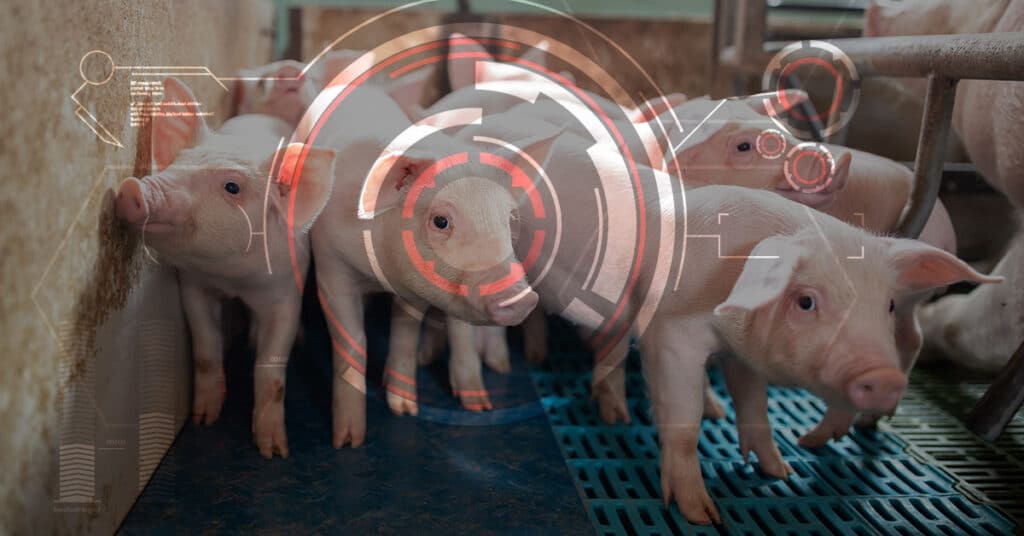In recent months, SAPPO partnered with the Institute for Sustainability (IS), Stellenbosch and PWC’s environmental, social and governance (ESG) team to formulate a draft sustainability strategy for the industry. The IS conducted a review of global literature on sustainable pork production and formulated a framework that is applicable to the South African environment. Central to their approach was the view that sustainability needs to be understood as a system of nested dependencies of economic, environmental, and social factors.
Given the fact that many of the elements highlighted by the IS were already covered by Pork360, SAPPO partnered with PWC to compare Pork360 to a set of standards and frameworks widely endorsed by financial institutions, leading stock exchanges and global NGOs. This included the Global Reporting Initiative, United Nations (UN) SDGs, European Union (EU)EU Taxonomy, Green Taxonomy SA, Science Based Target Initiative (SBTi), Johannesburg Stock Exchange (JSE) Sustainability Disclosure Guidance June 2022, Sustainability Linked Loans Principles (SLLP), WEF Principles of Planet Metrics, Australian Beef, United States (of America) (US) pork sustainable index and the FAIRR Protein Producer Index.
Subsequently, SAPPO identified various metrics within its existing Pork 360 scheme that highlights how much South African pig producers already do to farm with the future in mind. In the coming months, SAPPO will start to capture the progress we are already making on sustainability.
As SAPPO engaged various stakeholders on its intention to farm sustainably, the focus, implementation and adoption of Pork 360 were praised as truly remarkable.









